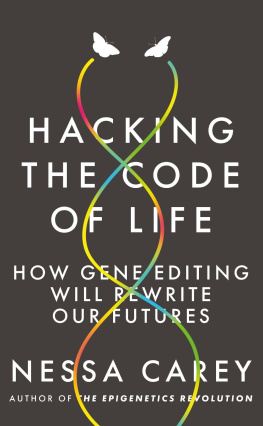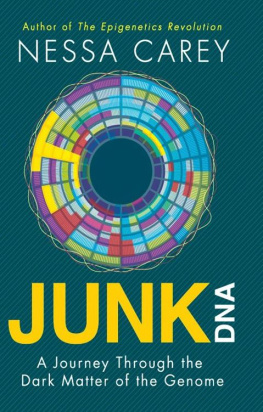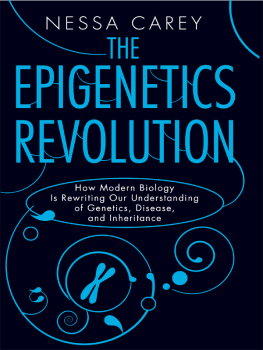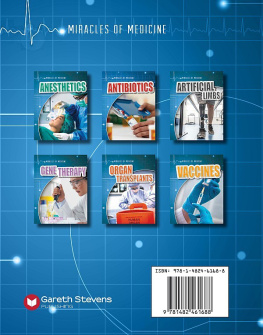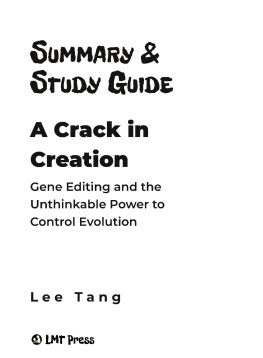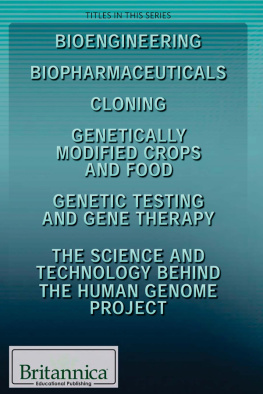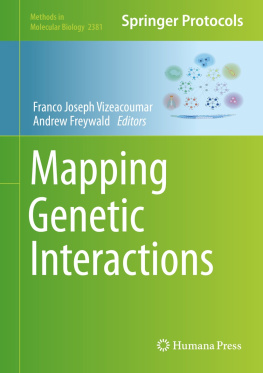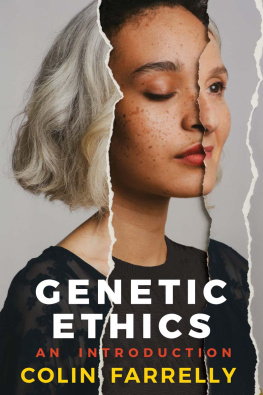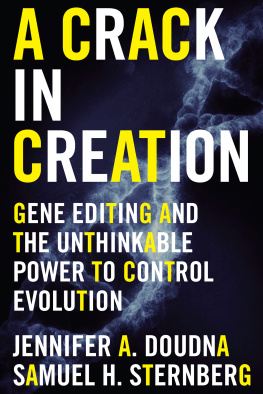As always, I marvel at my luck in having a great agent in Andrew Lownie, and a supportive publisher in Icon Books. Particular thanks go to Duncan Heath for his remarkable patience.
Encouragement from friends goes a long way when you are trying to juggle too many conflicting demands on your time. Honourable mentions in no particular order to Cheryl Sutton, Julia Cork, Julian Hitchcock, Gosia Woznica, Ellen Donovan, Catherine Winchester and Graham Hamilton.
Just as helpful are those pals who simply accept that you are swamped and dont give you a hard time for being an antisocial grump. Fen Magnus, Catherine Williamson, Rick Gibbs, Pat OToole, Mark Shayle, John Flowerday, Astrid Smart, Joanne Winning and Cliff Sutton are just a few of the people who have given me a much appreciated free pass.
My mother-in-law Lisa Doran always gave me space, time and a never-ending supply of digestive biscuits to encourage me to get on with things. I am very grateful (and a bit heavier than I used to be).
And finally, a huge thank you to my wife Abi Reynolds, who despite knowing what a nightmare I become as deadlines loom, still encourages me to write another book anyway.
On 28 November 2018 a Chinese scientist announced the birth of twin girls, Lulu and Nana. Unfortunately, this wasnt the typical case of a happy father telling the world about his daughters. In fact, the identity of Lulu and Nanas parents is a secret. The reason why He Jiankui from Southern University of Science and Technology in Guangdong Province, China, made the announcement was because there was something very special about these two infants. They were the first children ever born with changes to their genetic material which had been deliberately introduced by scientists. The DNA of the two girls had been through a process called gene editing, and its likely that if they have children they will pass on the introduced changes. Their genetic lineage has been changed for ever.
Professor He had adapted the techniques of in vitro fertilisation (test-tube babies) for his work. He had edited the DNA of the embryos when they were just a tiny bundle of cells in the laboratory, and then implanted these embryos into their biological mothers uterus.
The announcement was met with dismay from researchers around the world. The news about the twins was revealed at a conference, not in a peer-reviewed paper, so the amount of data that was shared was not comprehensive. But even from the results that were presented, other scientists could deduce that the gene editing hadnt been carried out well. It wasnt clear if all the cells had been edited during the laboratory stages. Because of this these girls may be a mosaic of different cells, only some of which carry the change. It also appears that the change He Jiankui had introduced was a relatively imprecise one. He had inactivated the gene he was targeting, but had used an inelegant methodology that rather clumsily achieved its end, changing the gene in a way that has never occurred in nature.
You might expect that if someone was planning to create edited humans, they would only risk the ire of the scientific community by doing so to save the children from a terrible and inevitably lethal genetic disease. There are, sadly, plenty of these from which to choose. But Professor He didnt do this. Instead he mutated a gene involved in responses to human immunodeficiency virus-1 (HIV-1).
HIV-1 binds to a specific receptor on human cells, but this binding isnt enough on its own for the virus to set up an infection. Another human protein called CCR5 also needs to be active for the virus to complete its entry into the cells. About 10% of Caucasians have a DNA variation in CCR5 which prevents the virus from getting in, and these people are resistant to certain strains of HIV-1.
He Jiankui edited the DNA of Lulu and Nana so that their CCR5 gene wouldnt produce a functional protein, but he didnt create the same variation as seen in the resistant humans. He told the conference that the reason he chose to edit this gene was because the girls father is HIV-positive. This still carries a great deal of stigma in China and he wanted to save the children from being exposed to these negative reactions.
But the problem with this justification is that its a bit of a false issue. HIV-1 is usually transmitted via intimate body fluids. With a few simple precautions, its relatively easy for fathers to avoid transmitting the disease post-natally to their children. So Lulu and Nana were never at a really high risk of becoming HIV-positive. They may, however, be at increased risk of contracting influenza, as a functional CCR5 protein is important at fighting off this virus. No one knows if the edits that Professor He introduced into the girls will leave them susceptible to this disease, which is common in China and can be very dangerous.
Even if the editing carried out by He Jiankui had been technically perfect, it would almost certainly have caused huge concern anyway. Scientists throughout the world have been debating the power of gene editing and particularly its potential to change the genetic sequence of a human for eternity. Biologists, ethicists, lawyers, regulators and politicians have been working together, trying to explore the implications of these new tools, and to develop frameworks for making sure they are used well, in a responsible way. Groups have been attempting to create international norms, and to ensure that ethics are considered in advance of the implementation of the science. Everyone involved also recognises the necessity of building dialogue with the general populations of their countries and moving forward in a carefully stepped manner.
He Jiankui has shot this measured approach to pieces with his announcement, and now the rest of the scientific community is on the back foot, trying to reassure the public and to create consensus rapidly. Researchers worry about a backlash from politicians, who could introduce new regulations driven more by fear than understanding, and this could have deleterious effects on a field that has enormous potential for good, but that is still being established. Perhaps weirdly, Professor He seemed surprised and somewhat taken aback by the reaction of his peers. So unconcerned was he by the implications of his action that he had already created and implanted a third edited embryo into another woman, so at least one more child is likely to be born with a permanent change in their genetic script.
The condemnation hasnt been an exclusively western phenomenon. The Chinese authorities have been quick to castigate He Jiankui. Articles about his other achievements have vanished from official websites and the government is aligning itself with the voices of consternation. This isnt surprising China wants to become a valued member of the international scientific community. Professor Hes announcement has simply served to reinforce international concerns around ethical infrastructure and research integrity, and this isnt a helpful message.
Its almost hard to resist feeling sorry for He Jiankui. There arent that many high-profile scientists who are exposed to universal ire on the triple fronts of scientific competence, ethical integrity and political nous.

